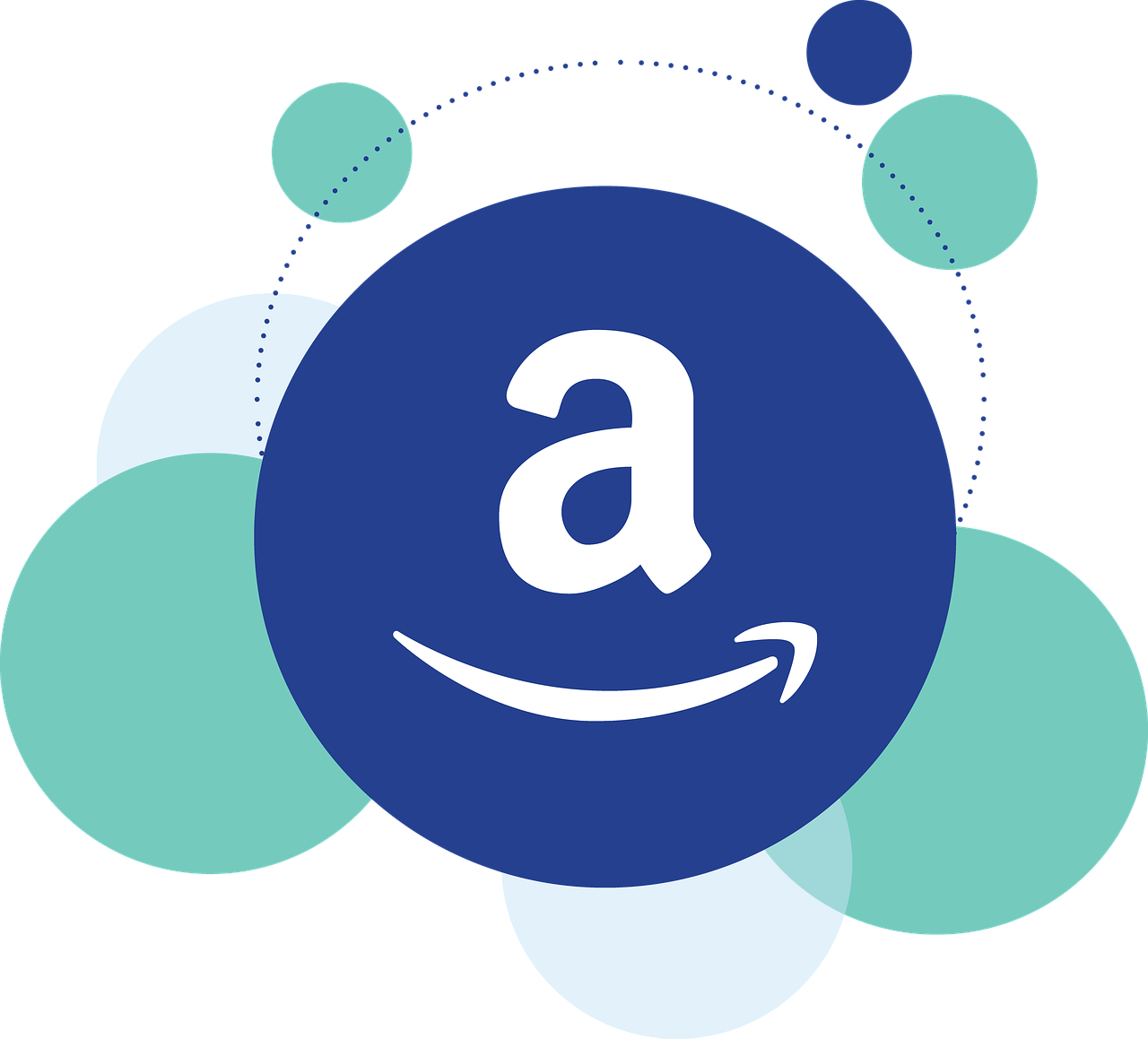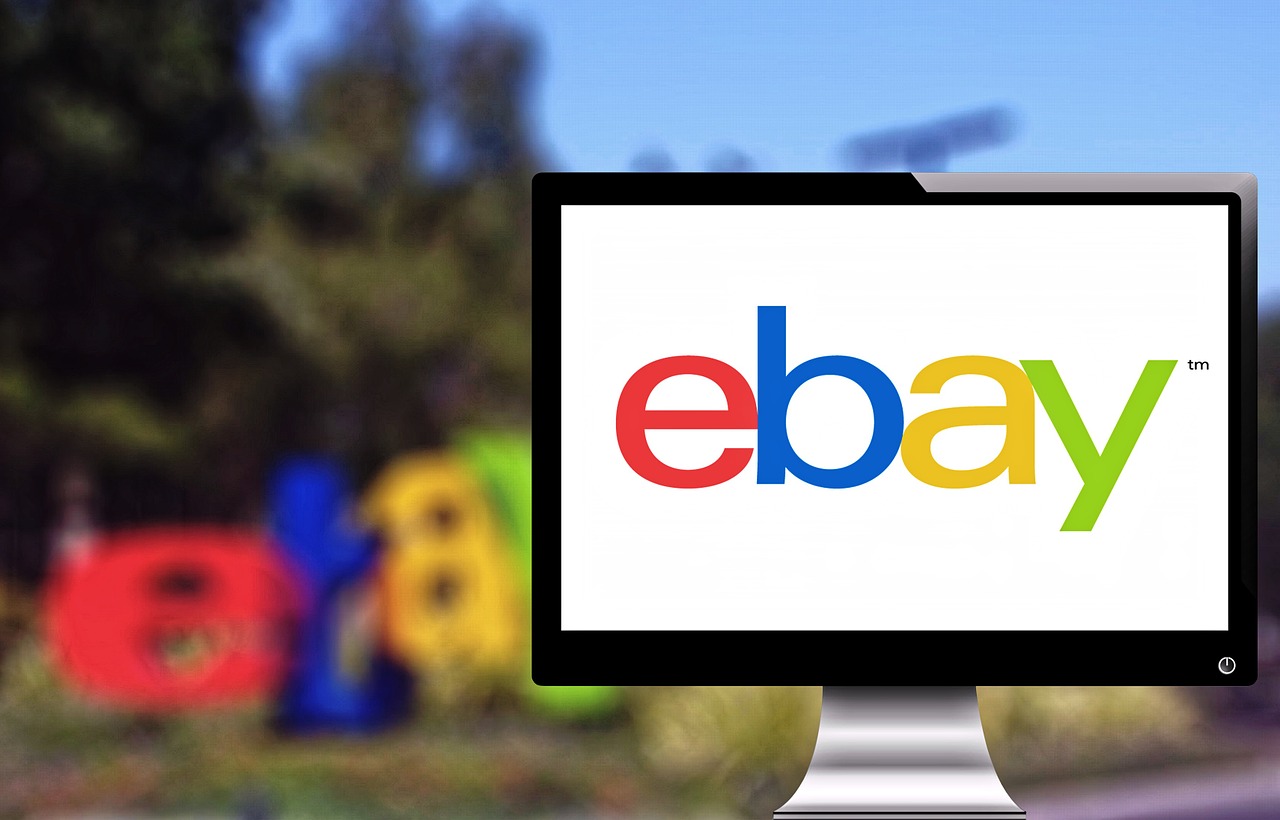Online Courses and Platforms: A Game-Changer for Education and Income
Online courses and platforms have reshaped the way people access education, making learning available at the click of a button, anytime, anywhere. As the world becomes increasingly digital, creating and leveraging online courses has become one of the best ways to reach and impact others without a large upfront investment. If you’re thinking about getting involved in online education—whether as a creator or a learner—this is where you need to start.
What Are Online Courses and Platforms?
In the simplest terms, online courses are educational programs delivered through digital platforms, where students can access materials, engage with content, and interact with instructors all virtually. With platforms ranging from YouTube to specialized e-learning sites, you have a range of options to learn or teach. These platforms host content, manage users, and provide tools to help both creators and learners achieve their goals.
You don’t need a high degree or years of experience to create an online course. With the right tools, anyone can teach or learn. Platforms like Teachable or Udemy have opened doors for people to create courses without worrying about the technicalities. You simply need an idea, some content, and a drive to share your knowledge.
How Do You Create an Online Course?
Creating an online course doesn’t have to be daunting. With today’s platforms, you can build and sell courses using simple drag-and-drop interfaces, with no coding experience necessary. Start by determining what knowledge you can share. Think about what people need, what you’re passionate about, and how you can structure that information. It could be anything—from baking tips to learning coding.
Here’s where the magic happens: you don’t need to break the bank to get started. Using free tools and platforms, you can create a professional-looking course from scratch. The challenge is less about what you know and more about how you deliver that knowledge in a way that’s engaging and valuable.
1. Teachable: Create and Sell Courses
Teachable is one of the most accessible platforms for beginners. You can create professional courses without needing any tech skills. It provides tools to upload videos, quizzes, and text-based lessons. The best part? Teachable offers a free plan for those just starting out. You can use this platform to launch your first course with zero upfront costs. Start your Teachable course here.
2. Skillshare: Build a Community
Skillshare allows creators to build a community around their courses. Once your course is uploaded, you can promote it to a vast audience of learners. By teaching something you love—whether it’s design, photography, or business—you can build a consistent following and earn passive income. Skillshare offers both a free and premium membership option, meaning you can get started with minimal investment. Create your course on Skillshare now.
3. Udemy: Global Reach with a Large Audience
Udemy is one of the largest platforms, making it a fantastic option for creators who want to reach a broad audience. Their model allows you to create content at your own pace, setting your own price. While they do take a percentage of the course fee, the reach they offer can be invaluable. Udemy’s system is built to help instructors succeed, with guides and marketing tools to assist you. Create a Udemy course today.
4. Podia: Your All-In-One Tool
If you want to create not just online courses but also digital products like ebooks, memberships, or even coaching services, Podia is an all-in-one solution. With Podia, you can manage everything from one platform, and they even offer a free version. Podia makes it easy to integrate your content with email marketing tools, helping you grow your audience. Start using Podia now.
5. Thinkific: A Simple, Scalable Solution
Thinkific is another powerful platform that allows you to build and sell online courses without any coding experience. You can create multimedia lessons, host webinars, and offer quizzes, all from one dashboard. Thinkific offers a free plan that makes it accessible to anyone looking to get started without upfront costs. You can scale as your audience grows. Launch your Thinkific course.
6. Google Classroom: Free and Flexible
Google Classroom is a great tool for educators who want a simple, no-cost platform to share lessons. You can organize assignments, communicate with your students, and track their progress—all for free. Google Classroom isn’t as feature-rich as some of the other platforms, but if you’re starting small, it’s an excellent choice. Get started with Google Classroom.
7. YouTube: Monetize Your Knowledge
YouTube isn’t just for cat videos. It’s a powerful platform for sharing educational content with the world. Whether it’s in the form of tutorials, full-length courses, or even live streams, YouTube gives you access to millions of potential learners. You can monetize your videos through ads, channel memberships, or even sponsorships. With a little creativity, YouTube can be a goldmine for online education. Start your YouTube channel today.
How to Effectively Use an Online Course Platform
Simply uploading content to a platform isn’t enough. To succeed, you need to market your course, engage your audience, and continuously improve. It’s all about being consistent, building trust, and providing value.
Start by focusing on content quality. Whether you’re teaching basic cooking skills or complex coding languages, your course must be engaging, clear, and easy to follow. Break up information into digestible chunks, include interactive elements like quizzes or assignments, and always keep the learner in mind.
Secondly, marketing matters. Platforms like Teachable and Podia have built-in marketing tools, but you’ll still need to drive traffic to your courses. Create a website or a landing page to promote your course. Using tools like ConvertKit or Mailchimp, you can build an email list to engage your audience and keep them updated on new content.
Social media is another powerful tool. Use platforms like Instagram, LinkedIn, or Facebook to promote your course and connect with potential learners. Consider offering free mini-courses or content teasers to build trust and generate interest.
Finally, create a community. Whether it’s through Facebook groups, Slack channels, or in-course discussions, creating a space for your learners to interact can enhance their experience and keep them coming back.
Best Strategies to Succeed with Online Courses
You don’t need a massive budget or a huge following to make a real impact. Here are some additional tips to help you stand out in the crowded online course market:
- Focus on a niche: Specializing in a specific area allows you to target an audience who’s genuinely interested in your content. This can lead to more engagement and higher conversion rates.
- Engage your students: Respond to their questions, offer feedback, and encourage participation. The more interactive your course, the more likely students will recommend it to others.
- Offer value: Don’t just make your course about selling. Provide value that students can’t get elsewhere. Whether it’s unique content or personalized feedback, your course should be something that enriches their learning.
- Iterate based on feedback: Listen to your students and continually improve your content. Their feedback is invaluable for growth.
By following these strategies and leveraging the right tools, you can turn your passion and expertise into a sustainable income source. The world of online courses is vast and filled with opportunity—if you approach it with the right mindset and strategies, you can make it big.
Ready to start your online teaching journey? Check out the platforms and resources above, and begin creating content that’ll change lives—and fill your pockets.









